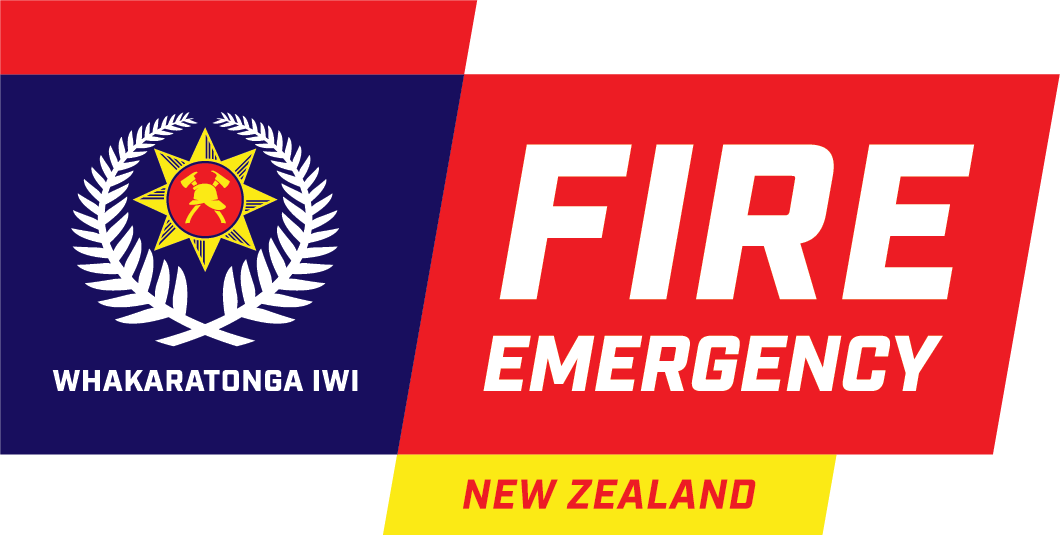New programme of work to develop capability in Districts
Fire and Emergency is starting a process of rolling out training and equipment that will give our firefighters a wider range of disaster response skills.

In the spirit of auahatanga – we strive to improve – and continuing our modular capability approach to specialist response, Fire and Emergency is starting a process of rolling out training and equipment that will give our firefighters a wider range of disaster response skills to apply following natural disasters or adverse weather events. This will improve safety outcomes for them and for their communities during responses.
This programme of work will be District-based and build on our people’s current rescue skills. Modular, intelligence-led, and tailored to the risks inherent in the District.
The enhanced response to disasters package will consist of heavy rescue, damage assessment, working safely in water (wading), and trench rescue modules. While many of our people have these skills as individuals, we are proposing having crews of firefighters with all these skills who can then respond to natural disasters or adverse weather events as a team.
We are piloting this work in Northland, Tairāwhiti, and Nelson-Marlborough and it will initially involve the selection of one career firefighter from each watch at Whāngarei, Gisborne, and Nelson stations.
These firefighters will attend a week-long Train-the-Trainer course to be held at Ardmore this week. The Train-the-Trainer course is being taught by our USAR CAT-2 instructors, who will continue to mentor the participants once they are back in District to develop them as Trainers, and will enhance our people’s current skillset around damage assessment and rescue capabilities in the following areas:
- Rapid Damage Assessments (RDA), undertaking assessments early in an incident to inform decisions.
- Lifting and moving heavy objects (concrete, steel, or wooden beams for example).
- Cribbing and shoring.
- Limited breaking and hot cutting, and breaching.
- INSARAG (International Search and Rescue Advisory Group) marking system.
The District will receive a cache of equipment containing a range of manual and power tools as well as tablets for carrying out RDA work. The new Trainers will be supported back on station when delivering training to their watches when required.
The development of this capability is being overseen by the Specialist Response Team and in particular Rob McDowall our Senior Specialist – Technical Rescue.
We will undertake an evaluation of this enhanced capability within the three Districts and ultimately make recommendations to the Deputy Chief Executive, Service Delivery Design Steph Rotarangi.
The intent is to make elements of the above enhanced capability available to all our rescue appliance stations, who choose to accept it, across the country taking a risk-based and strategic approach.
